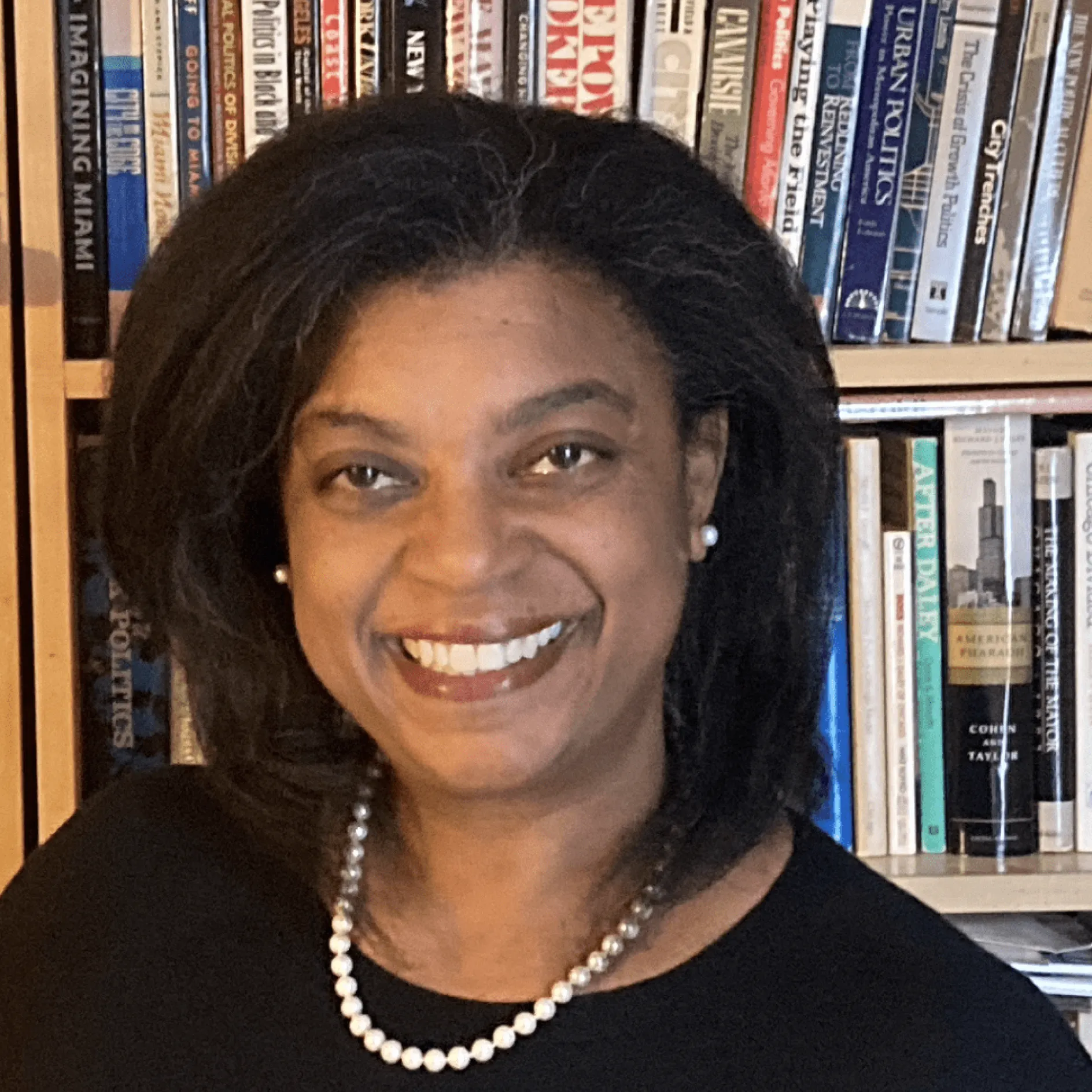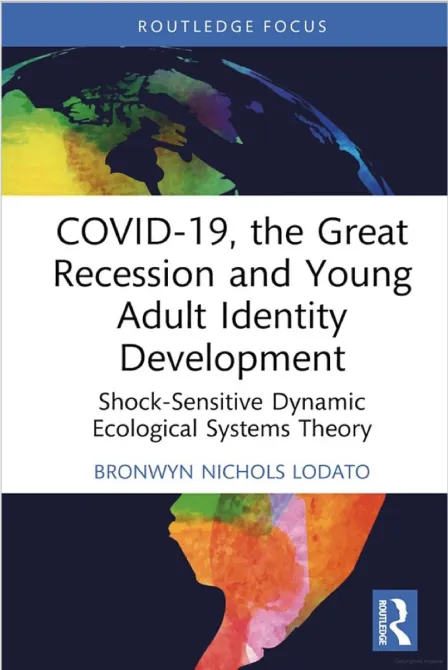Dr. Bronwyn Nichols Lodato is an Assistant Professor in the Department of Education and the Department of African and African American Studies at Washington University in St. Louis. Nichols Lodato holds a PhD and AM in Comparative Human Development and an AM in International Relations, all from the University of Chicago. She obtained her BA in Political Science from Northwestern University, with her junior year completed abroad at the Universidad de Sevilla in Sevilla, Spain.
Her mixed methods, interdisciplinary research examines how shock events (e.g., the Great Recession, COVID-19) impact

